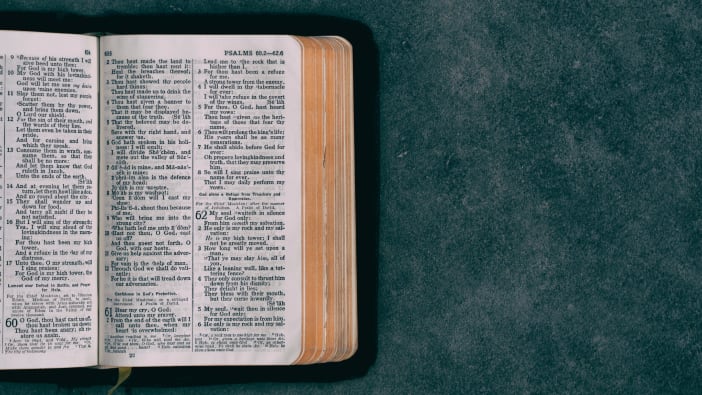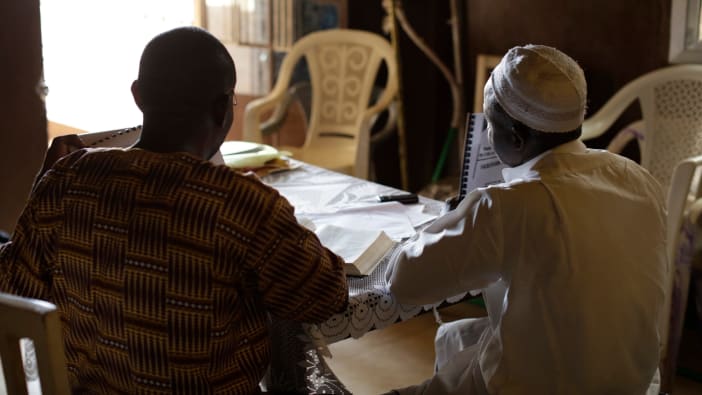Read 1 Kings 19:3–15
In a group or on your own, think about the following questions:
- How is Elijah feeling in verses 3–5? Have you ever felt like this?
- What does God do in verses 5–9? What does he not do?
- What does God do in verses 10–15? What does he not do?
- What can we learn from the way God interacts with Elijah?
Elijah is tired, upset and alone. He has just had one of the most intense periods of his life: standing up against 450 prophets of Baal; calling down fire from heaven; watching as God brings a rainstorm after years of drought and famine; running 17 miles ahead of a chariot; receiving a death-threat from the queen; fleeing for about 100 miles; and finally finding himself alone in the wilderness.
How does God treat this exhausted man? First, he supports Elijah very practically. He gives him food and allows him to rest.
Once Elijah is starting to feel better, God takes him to Mount Horeb, the mountain of God. This is where God met and spoke to Moses through the burning bush (Exodus 3:1–2), gave him the Ten Commandments and confirmed his covenant with the people of Israel (Deuteronomy 5). Standing in that place, Elijah would have been reminded of God’s promises and his past faithfulness. But unlike God’s appearance to Moses, which was marked by wind, fire and earthquakes, this time God comes in a gentle wind.
Finally, once Elijah is fully recovered and renewed, God gives him an important new task, showing that he is precious to God and can still be used by him.
Depression
Even though the word ‘depression’ is not found in the Bible, there are many references to despair, hopelessness and deep unhappiness (eg Lamentations and many Psalms). God understands, and he offers us alternatives: forgiveness, love and hope.
We should pray for people with depression, but just as with physical illnesses, God does not always work in ways that we expect. Sometimes God does cure people of their illnesses, but often he brings healing in other ways. It is important to understand that if someone is not cured of depression, it is never the fault of the individual for not having ‘enough faith’.
Overcoming depression may require a combination of approaches. Talking to trained counsellors can help change unhelpful thought patterns. Antidepressants can help balance the chemicals in the brain which allow us to feel good. Christian community can help with isolation and loneliness.
Providing support
Everyone should feel valued, no matter what they are going through. Visits, prayer, phone calls and practical support mean a lot. We do not need to be experts in mental health to help. We can stand alongside those who are suffering and hold out Jesus as the source of hope. Matthew 5:4 says: ‘Blessed are those who mourn, for they will be comforted.’
Discussion questions
God responded to Elijah by giving practical support including food, drink and rest. Then God gently reminded Elijah of his past faithfulness. Finally, he restored him by giving him a new task.
- What can we do to support people practically when they are struggling with low moods and depression?
- How can we support them spiritually?
- Do you know anyone who would benefit from being given a new role to help them feel a valued part of your church and/or community?
This study is taken from Lifting the lid, a six-week Bible study course designed to help churches explore the topics of emotional and mental well-being. Download free of charge from the Livability website. Visit www.livability.org.uk and search for ‘Lifting the lid’.









